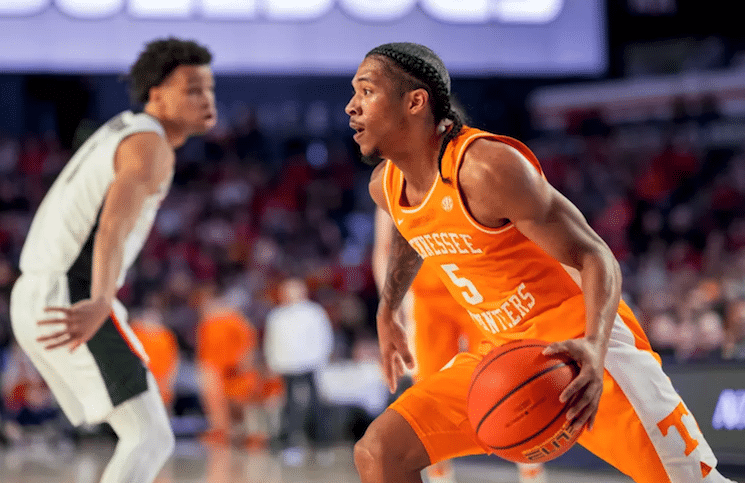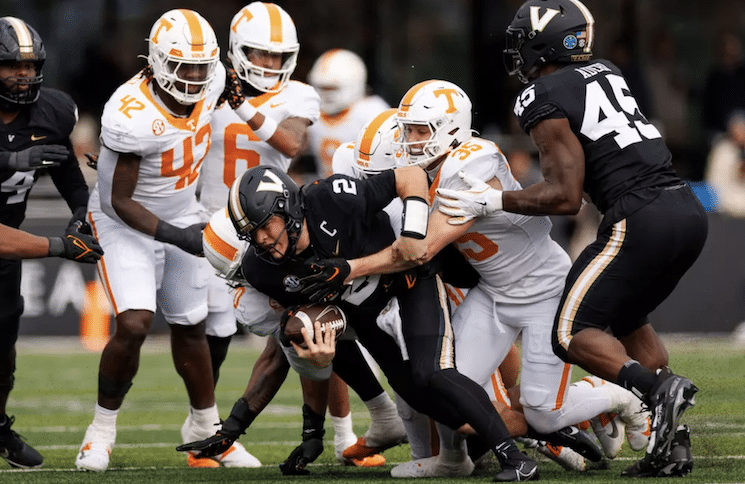
One of the biggest on field issues plaguing college football in recent seasons has been the increase in fake injuries.
According to reporting from Yahoo!’s Ross Dellenger, college coaches are working on a proposal to fix the issue this week at the American Football Coaches Association convention in Charlotte.
The proposed solution is to make any injured player sit out for the remainder of the possession. Teams could get said player back on the field if they took a timeout during that drive.
It’s not a perfect solution. Teams could still have low end starters fake injuries and play their backups the remainder of a drive with little consequence. The rule would also apply to both offenses and defenses. So if a quarterback suffers a minor injury, a team would have to take a timeout to get him back in the game.
Fake injuries are more prevalent on the defensive side of the ball where teams look to thwart an offense’s momentum and tempo by using a fake injury as a makeshift timeout. But offenses have, on occasion, faked injuries for a timeout as well.
More From RTI: An Early Look at Some of Tennessee Football’s Key Individual Opponents Next Season
Tennessee, with its up tempo offense, has often been the victim of defense’s faking injuries to slow its offense down— especially in Heupel’s first two seasons. The most noticeable offense came in 2021 when Ole Miss consistently faked injuries in its 31-26 win at Tennessee.
While not alone in the offense, Ole Miss and Kiffin have become the face of college teams faking injuries. SEC commissioner Greg Sankey sit out a memo to league members last season urging them to stop faking injuries and threatening fines against coaches.
The Vols aren’t completely innocent in the matter either. They’ve faked injuries on defense from time-to-time in recent seasons and often fake injuries on point after attempts following quick scoring drives in hopes of buying more time for their defense to rest.
According to Dellenger’s reporting, coaches are split on the proposal with a number of SEC coaches against it. Even if the AFCA passes the proposal it will not automatically go into effect. If the AFCA passes it then the NCAA Football Oversight Committee would have to pass the proposal before it would come into effect.



